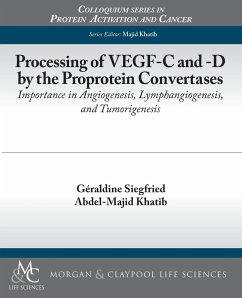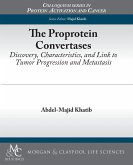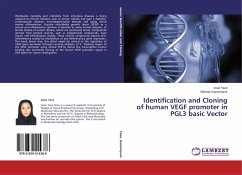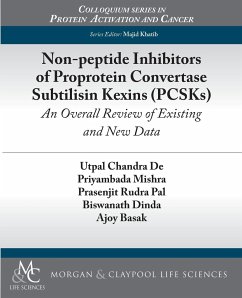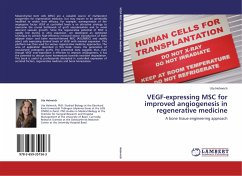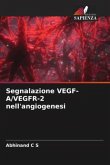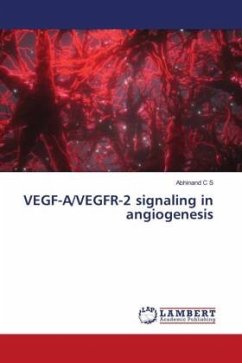The vascular endothelial growth factor (VEGF) family members that include VEGF-A, -B, -C, -D, and placental growth factor (PlGF), display distinct binding affinities for their receptors VEGFR-1, -2, and/or -3. In addition to their requirements in the initiation, development, and maintenance of blood and lymphatic vasculature, VEGFs and VEGFRs are upregulated during neoplasia and are involved in the remodeling of tumoral blood and lymphatic vasculature. By activating VEGFR-1 and VEGFR-2, both expressed on blood endothelial cells, VEGF-A promotes the formation of new tumoral blood vessels and thereby accelerates tumor growth. In contrast, upregulation of VEGF-C, a ligand for lymphatic endothelial VEGFR-3 as well as for VEGFR-2, induces the formation of tumor-associated lymphatic vessels and thus promotes the passive metastatic dissemination of tumor cells to regional lymph nodes. Of the VEGF family members, only VEGF-C and -D were found to be proteolytically processed by Furin-like enzymes. This processing controls the selective activation of VEGFR-2 and -3 signaling during tumor angiogenesis and lymphangiogenesis. Here, we provide an overview of angiogenesis processes and discuss the importance of VEGF-C and VEGF-D precursors processing by the proprotein convertases during the activation of VEGFR-2 and VEGFR-3 receptors and the mediation of their functions during angiogenesis, lymphangiogenesis, and tumorigenesis.
Hinweis: Dieser Artikel kann nur an eine deutsche Lieferadresse ausgeliefert werden.
Hinweis: Dieser Artikel kann nur an eine deutsche Lieferadresse ausgeliefert werden.

